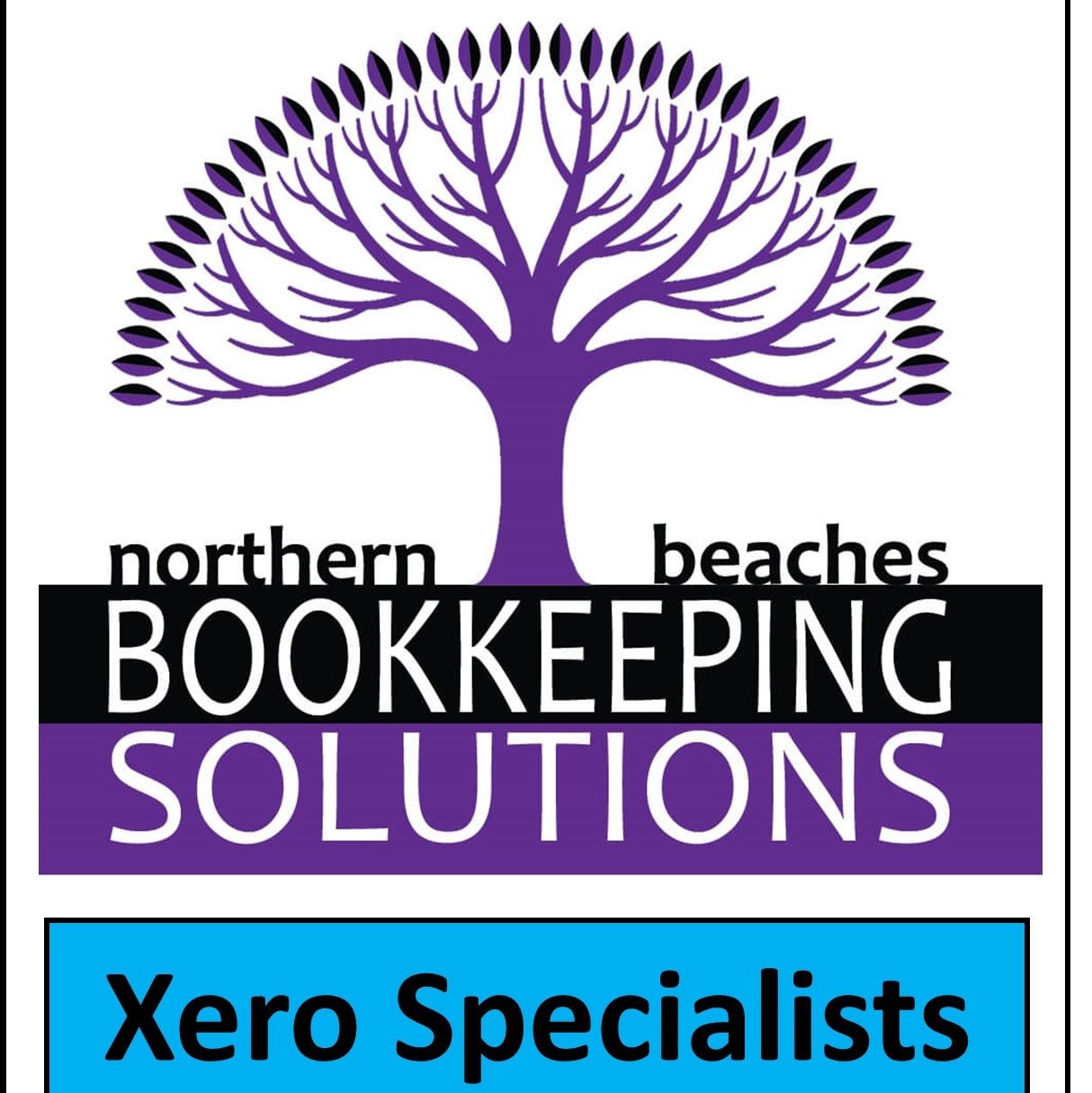Oct
22
In the world of business, bookkeeping and accounting are often used interchangeably, but they are not synonymous. While they both deal with financial transactions and numbers, there are crucial differences that set them apart. In this comprehensive guide, we will delve into the dissimilarities between bookkeeping and accounting, exploring their unique functions, responsibilities, and the benefits they bring to businesses. So, let’s unravel the distinctions between these two essential components of financial management.
What is Bookkeeping?
Bookkeeping is primarily concerned with accurately recording and organizing financial transactions. It involves a systematic process of documenting all incoming and outgoing payments, ensuring that the information is up-to-date and presented in a logical, organized manner. Bookkeepers play a vital role in maintaining the books and preparing the necessary information for accountants. Their main objective is to keep a chronological record of transactions, providing a solid foundation for further financial analysis.
What is Accounting?
Accounting, on the other hand, goes beyond the realm of bookkeeping. It involves using the information provided by bookkeepers to analyze, evaluate, summarize, and interpret the financial situation of an individual or a business. Accountants possess advanced training and additional qualifications that equip them with a broader range of skills. They leverage their expertise to create reports and communications that provide clients with accurate insights into their financial status. Accountants can offer tailored advice based on a client’s finances, prepare and file tax returns, and provide a comprehensive consulting service.
The Similarities Between Bookkeeping and Accounting
While bookkeeping and accounting have distinct roles, there are instances where the line between the two can blur. Many businesses employ bookkeepers who go beyond recording payments and updating books. Similarly, accountants may also be involved in managing accounts, analyzing data, and providing financial advice. Both bookkeepers and accountants possess skills to work with figures, but accountants have additional training and qualifications that enable them to offer a more diverse range of services.
The Key Differences Between Bookkeeping and Accounting
Accounting encompasses a broader field compared to bookkeeping. While accountants have experience in bookkeeping, they possess a wider range of skills that enable them to analyze, evaluate, and interpret financial data. Unlike bookkeepers who primarily focus on recording data, accountants can create comprehensive reports, offer strategic advice, prepare tax returns, and provide a range of consulting services. Bookkeepers lay the foundations by preparing accurate financial information, which accountants then utilize to take the next step in providing valuable insights and recommendations.
The Importance of Bookkeepers and Accountants
In any business, financial management is crucial for success. Bookkeepers play a pivotal role in ensuring that the books are orderly and up-to-date from the outset. Their meticulous attention to detail ensures that all financial transactions are accurately recorded, minimizing the risk of errors or discrepancies. On the other hand, accountants utilize the information provided by bookkeepers to offer a wide array of services that can significantly impact a business’s growth and profitability. From completing tax returns to providing financial advice, accountants help businesses navigate complex financial landscapes and make informed decisions.
Embracing Technology in Bookkeeping
With the advent of technology, bookkeeping has undergone significant changes. Traditionally, businesses would employ bookkeepers or utilize manual bookkeeping techniques. However, many businesses now opt to use software programs for their bookkeeping needs. Software like Xero bookkeeping offers automated features that streamline the recording of transactions, reducing both time and costs. By leveraging bookkeeping software, businesses can access real-time financial data and customize settings to suit their specific needs. Additionally, modern bookkeepers and accountants now create records and reports that are easily accessible online, providing business owners with up-to-date information at their fingertips.
Understanding the Distinction
Although bookkeeping and accounting share similarities, it is crucial to understand their respective roles and functions. While bookkeeping focuses on recording and organizing financial transactions, accounting takes a more in-depth approach by analyzing and interpreting financial data. Bookkeepers lay the groundwork for accountants to provide valuable insights, prepare reports, and offer strategic advice. By recognizing these distinctions, businesses can ensure they utilize both bookkeeping and accounting effectively, maximizing their financial management capabilities.
The Benefits of Employing Bookkeepers and Accountants
The benefits of having dedicated bookkeepers and accountants cannot be overstated. By having a bookkeeper, businesses can ensure that their financial records are accurate, up-to-date, and well-organized. This foundational step is essential for businesses to operate smoothly and make informed financial decisions. Once the books are in order, accountants can leverage the data to offer a wide range of services that benefit businesses. From analyzing financial information to preparing tax returns, employing an accountant eliminates stress, reduces the risk of errors, and enables business owners to focus on core tasks. Additionally, accountants’ expertise and guidance can help businesses optimize expenses, maximize profits, and navigate tax obligations.
Conclusion
In summary, while bookkeeping and accounting share some similarities, they are distinct functions within financial management. Bookkeeping is primarily concerned with accurately recording and organizing financial transactions, while accounting involves analyzing and interpreting financial data to provide valuable insights and recommendations. By recognizing the differences between bookkeeping and accounting and leveraging the expertise of both professionals, businesses can effectively manage their finances, make informed decisions, and achieve their goals. So, whether you’re a small business owner or a self-employed individual, understanding the importance of bookkeeping and accounting can pave the way for financial success.
Check out our Bookkeeping Services to get started.






